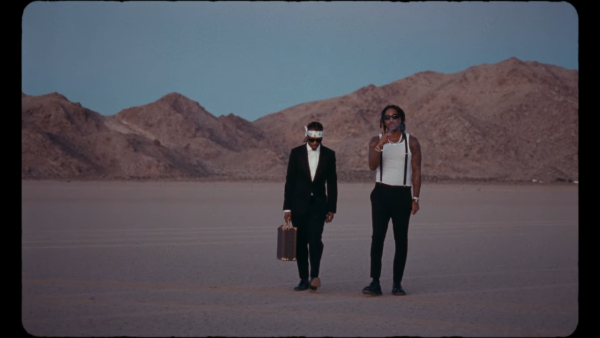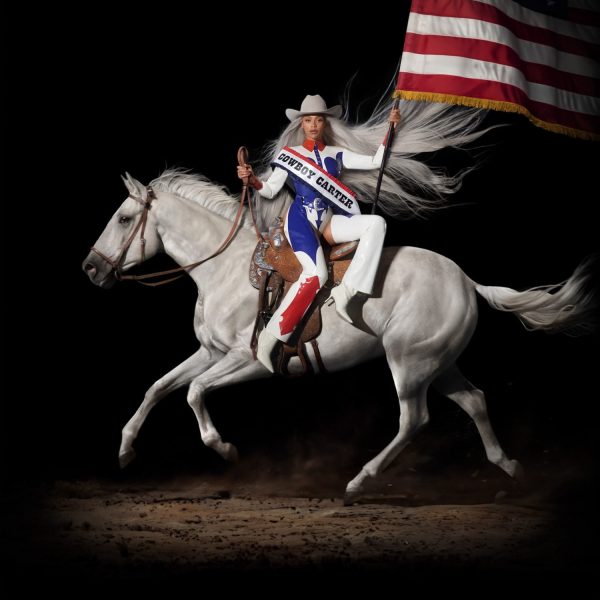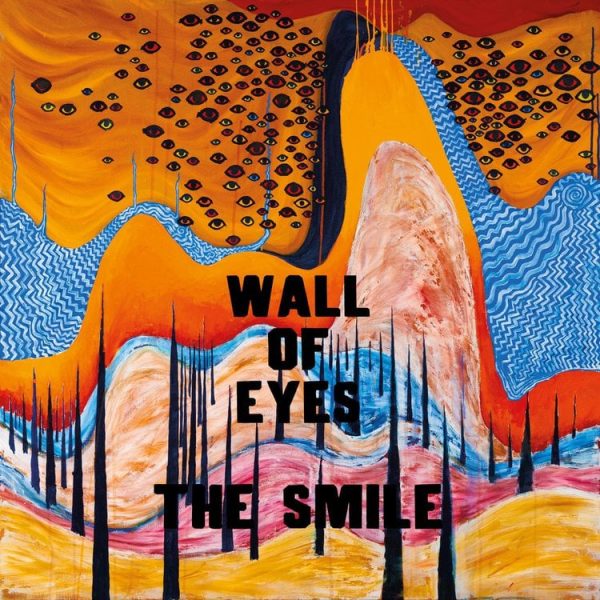Does Hollywood White-Wash Celebrities?
Johnny Depp playing a Native American hero? A white, British actor fulfilling the role of Othello? Although Hollywood often tries to deny their white-washing habits, the evidence of them in many films is obvious. For those who are not familiar with the term, white-washing refers to the process of casting white actors to play non-white characters or changing the appearances of celebrities to make them look like a “white person with a tan” hue.
I’ll be completely honest; when I was first assigned this story, I had no clue what white-washing was. Why? I’m not sure, because after doing a little research, I realized that maybe it happens more often than I think. I would never have thought that white-washing was even a thing. Maybe I’m naïve, or I guess I could just be ignorant.
Though it can be argued that Hollywood has changed its ways, many critics claim that it is still a problem today. Gee Malik Linton attempted to break the stereotypes in his 2016 film “Exposed,” but after editors made changes to his movie, he took his name off of the project. He had originally intended for the film to tell the story from the perspective of a naïve Latina woman, played by Mira Sorvino. Unfortunately, those editing his film was not satisfied with this, and instead Keanu Reeves found himself as the sole main character of the movie and Sorvino’s role was reduced to being a minor character.
This, along with the movie “Gods of Egypt” starring Gerard Butler were both criticized for having white-washed the roles. Although “Exposed” was not criticized as much as “Gods of Egypt,” they both were impacted. After having a production budget of $140 million, “Gods of Egypt” was only able to earn back $40 million as of March, leaving them with a $100 million shortfall. Most of this money lost is due to the critical reviews because of the decision to participate in white-washing.
As far as white-washing celebrities goes, it is also argued to be present. In fact, in 2008 L’Oreal was accused of white-washing Beyonce Knowles. Although Beyonce was required to sign a contract stating that she would not make any drastic changes to her appearance, was shown in one of L’oreal’s advertisements sporting pale skin and strawberry-blonde hair. Although L’Oreal claimed they had not altered Beyonce’s appearance, future ads featuring her looked entirely different.
This kind of behavior was also seen by Vogue Magazine in 2011. In an intensely photoshopped picture, the editors of Vogue attempted to portray Rihanna as a modern day version of Marilyn Monroe. Monroe was the definition of a perfect Hollywood movie star in the 1940s and 1950s, and her blonde hair, fair skin, and brown eyes epitomized beauty. The Vogue editors successfully transformed Rihanna into Monroe for their cover, but she looks washed out. Her skin looks tan and her hair is bleach blonde. It’s almost a little unnerving for some, because beauty shouldn’t be defined by skin color.
The incidents with Rihanna and Beyonce both occurred over five years ago, but that does not mean that white-washing is solely a thing of the past. Although maybe it is not as prominent in the realm of changing the appearance of black celebrities to make them look white, it still is seen in Hollywood cinema. In order to sell tickets, directors choose to cast white actors to play non-white roles, especially when they are big name actors like Johnny Depp or Gerard Butler. While it can still be debated whether white-washing is still in existence, it seems that it should still be considered a problem.










